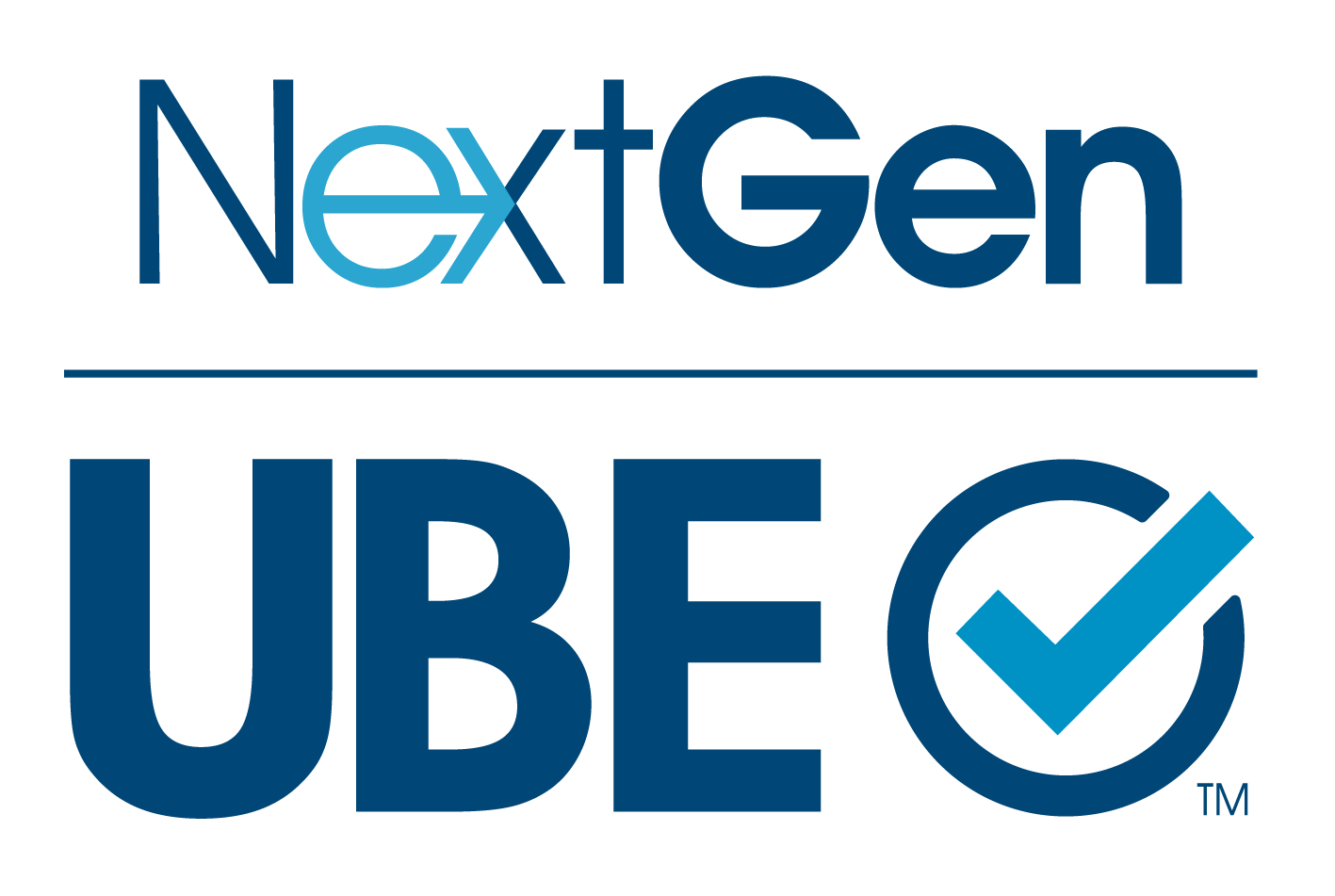Excerpt of Transcript of Interview with Jane Smith
[Attorney]: Jane, tell me what happened with your credit card.
Smith: I gave my sister, Kathy, my credit card to use to repair the front brakes of her van. They were making this terrible, squeaky noise, and I was worried that the van was unsafe for driving. When I asked Kathy about the brakes, she said she could not afford to replace them, so I told her I would pay for them.
[Attorney]: Did you tell her how much she could spend?
Smith: Yes. Kathy had already received a quote for a replacement of the front brakes. She said the price was $800. I told her she could use my card for the $800 charge. She was worried that the auto repair shop would not accept a credit card that did not bear her name, so I gave her a signed note to authorize her use of the card. I was concerned about this, too, so I called the auto repair shop, and they said using the note wouldn’t be a problem. They said that doing so is common, especially in the service industry.
[Attorney]: Do you have that note?
Smith: Yes, once Kathy returned my card, she also gave the note back. I will show you the note.
[Attorney]: Did Kathy use your card for the $800 repair?
Smith: Yes, she presented the repair shop with the note and my credit card after the service to her van, but I later learned that the total bill was $1,200. Kathy used the card to pay the $800 bill for the front brake replacement, but she also used the card to replace the rear brakes for $400.
[Attorney]: And you never agreed to pay for the rear brake replacement?
Smith: No. I made it clear that Kathy could only spend $800 for the front brake replacement.
[Attorney]: Did Kathy use the card for any other purchases?
Smith: Yes. She also used the card for a $300 purchase at a local grocery store. I did not authorize that purchase.
[Attorney]: When did you discover that Kathy had spent more than you allowed?
Smith: Four months after I gave Kathy the card. I didn’t notice the charges when Kathy made them because I usually pay the balance without checking the statement. When Kathy gave me the card and the note back, she admitted that she had spent more than $800. That’s when I reviewed the statements from the previous four months and saw the $1,200 charge from the auto repair shop and the $300 purchase from the grocery store.
[Attorney]: What happened after you discovered the charges?
Smith: I immediately contacted Franklin Bank and told them that my credit card was used without my permission and that I should not be responsible for $400 of the auto repair shop’s charge or the $300 grocery store purchase.
[Attorney]: What did the bank say?
Smith: That I was responsible for all charges.
